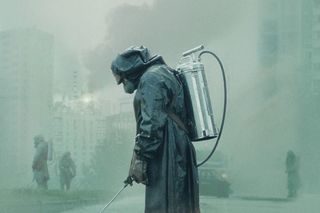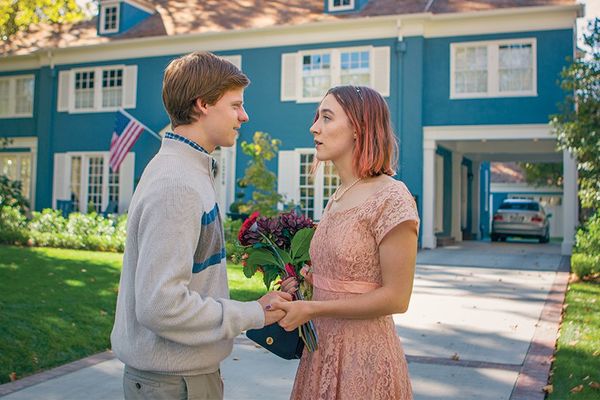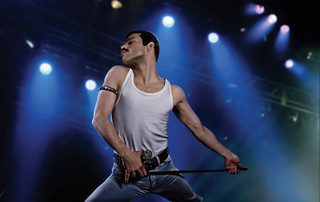History of self-censorship in Hollywood (part 2)
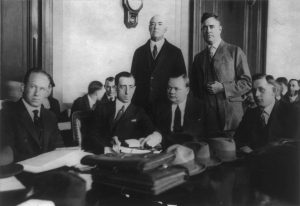 Self-censorship didn’t work. Therefore, in 1968, the MPAA rating system appeared. And the debate about it has not subsided until the threat of government censorship , together with the court decisions in the cases “Interstate Circuit V. Dallas” and “Ginsberg V. New York”, both of which considered instructions to censor inappropriate content on an urban scale, spurred Hollywood to take any action in the days of the decline of the code of self-censorship. The former MMPDA, which became the MPAA in 1945, began working on the plan.The most important decision made by the organization under the leadership of President Jack Valenti is the change of self-censorship to self-classification in the format of the rating system. The system, launched in 1968, was the progenitor of the one we are working with now. Continue reading
Self-censorship didn’t work. Therefore, in 1968, the MPAA rating system appeared. And the debate about it has not subsided until the threat of government censorship , together with the court decisions in the cases “Interstate Circuit V. Dallas” and “Ginsberg V. New York”, both of which considered instructions to censor inappropriate content on an urban scale, spurred Hollywood to take any action in the days of the decline of the code of self-censorship. The former MMPDA, which became the MPAA in 1945, began working on the plan.The most important decision made by the organization under the leadership of President Jack Valenti is the change of self-censorship to self-classification in the format of the rating system. The system, launched in 1968, was the progenitor of the one we are working with now. Continue reading
History of self-censorship in Hollywood (part 1)
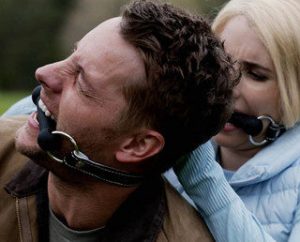 Censorship is a familiar word for everyone who grew up in the former Soviet republics. It is feared, it is hated, it is reproached, but one of the most terrible of its options is considered self-censorship: when someone seeks to lay straw to fall was soft, or simply eliminates the fall, cutting out a piece of content, sending it for revision or completely letting it on the territory of Russia and neighboring countries, fearing the wrath of the government. However, not only our States suffer from such arbitrariness and such fear. A piece from our colleagues at Vox tells the story of self-censorship in Hollywood — and we’ve translated it for you. Continue reading
Censorship is a familiar word for everyone who grew up in the former Soviet republics. It is feared, it is hated, it is reproached, but one of the most terrible of its options is considered self-censorship: when someone seeks to lay straw to fall was soft, or simply eliminates the fall, cutting out a piece of content, sending it for revision or completely letting it on the territory of Russia and neighboring countries, fearing the wrath of the government. However, not only our States suffer from such arbitrariness and such fear. A piece from our colleagues at Vox tells the story of self-censorship in Hollywood — and we’ve translated it for you. Continue reading
(Not)heroes: the story of a deconstructed superhero image in comic book adaptations
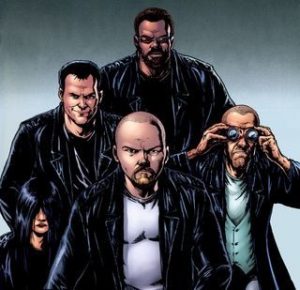 Marvel now many took out. More precisely, not even Marvel itself as such, but the dominance of their film comics. Film adaptations are full of stamps and even self-copying (I still laugh at how similar the plots of the third “Thor” and “Black Panther” are, and how much they differ in implementation), and the conveyor feed of content simply tired some viewers, and a trip to the cinema for a fan of comics turned from a holiday into a routine. But then deconstruction burst onto the stage of film adaptations again — and this time it appeared on time and in a big way.
Marvel now many took out. More precisely, not even Marvel itself as such, but the dominance of their film comics. Film adaptations are full of stamps and even self-copying (I still laugh at how similar the plots of the third “Thor” and “Black Panther” are, and how much they differ in implementation), and the conveyor feed of content simply tired some viewers, and a trip to the cinema for a fan of comics turned from a holiday into a routine. But then deconstruction burst onto the stage of film adaptations again — and this time it appeared on time and in a big way.
Spoonful of history: the eighties was a difficult period for the comic book industry. Stories began to gradually move away from the riot of colors, irrepressible pathos and ultrapositive, deeper and stronger to consider social problems, to climb into politics, to criticize the existing system, through the prism of other, artificial worlds to tell what is happening in the real world, exaggerating events and their outcomes. Continue reading
«Once… in Hollywood”: he did it again
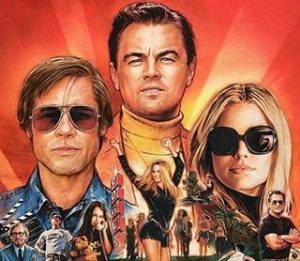 “He did it again, “the guy behind me said with some undisguised admiration, as soon as” Once… in Hollywood” (Once Upon A Time In Hollywood) ended and went to credits. And at first I really wanted to agree with him. But all -??? in this movie Tarantino not simply showed the, that knew how before, but and something new.
“He did it again, “the guy behind me said with some undisguised admiration, as soon as” Once… in Hollywood” (Once Upon A Time In Hollywood) ended and went to credits. And at first I really wanted to agree with him. But all -??? in this movie Tarantino not simply showed the, that knew how before, but and something new.
There is a genre of “slice of life”in online fiction. It is usually translated into Russian as “everyday” — and it is best suited to describe what is happening in “Hollywood”. For two and a half hours, the viewer is simply shown a few days from the life of the characters of the picture, without giving, it would seem, any specific tie, which will eventually unfold in the final. And something in it subtly resembles “Pulp fiction” – although the films are far from each other, as Shanghai from Larnaca.Rick Dalton, a fading Hollywood star played by Leonardo DiCaprio, is trying to cope with his fading situation. Continue reading
“The dead don’t die”: phlegmatic inevitability
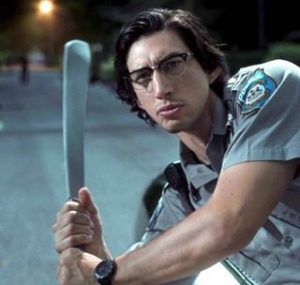 Jim Jarmusch in General in love with zombies was not particularly noticed: Yes, he mentioned them in his previous creation, “only lovers will Survive”, but few people expected a film in the genre of zombie horror from him. As a result, zombie horror, however, did not work: “the Dead do not die” (The Dead Don’t Die) is a viscous, melancholic story with a handful of humor and sad morality, which tries to laugh at the declared genre.
Jim Jarmusch in General in love with zombies was not particularly noticed: Yes, he mentioned them in his previous creation, “only lovers will Survive”, but few people expected a film in the genre of zombie horror from him. As a result, zombie horror, however, did not work: “the Dead do not die” (The Dead Don’t Die) is a viscous, melancholic story with a handful of humor and sad morality, which tries to laugh at the declared genre.
The plot is familiar: there was a global Apocalypse, the world began to change and the dead climbed out of the ground. And the viewer is shown how a tiny American town with a population of just over 700 people copes with such an invasion. Continue reading

